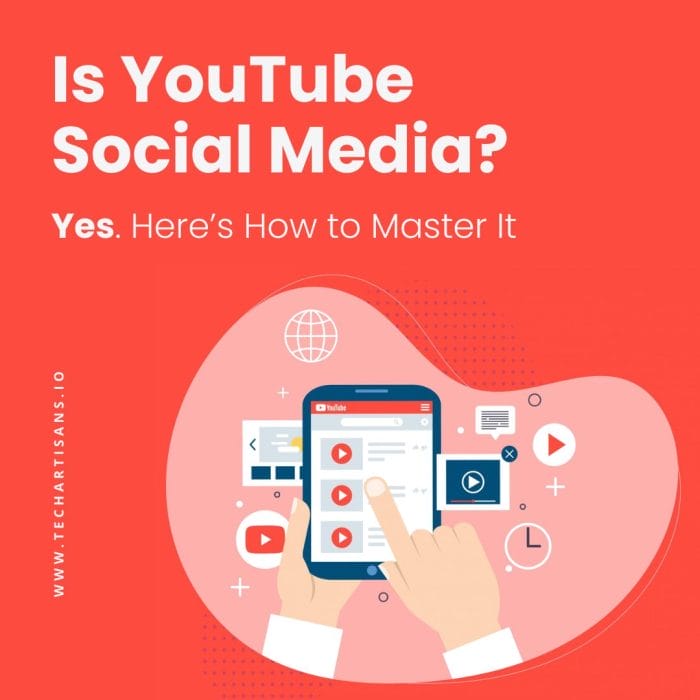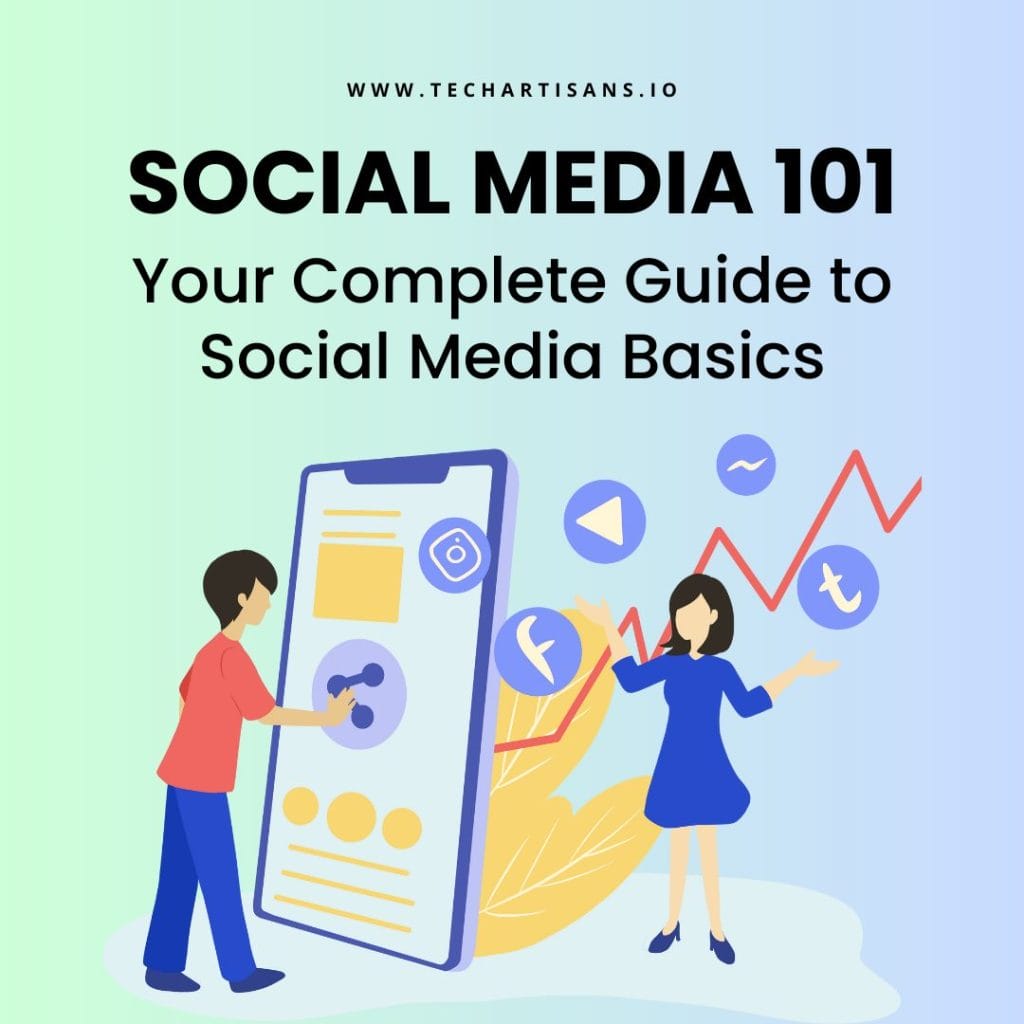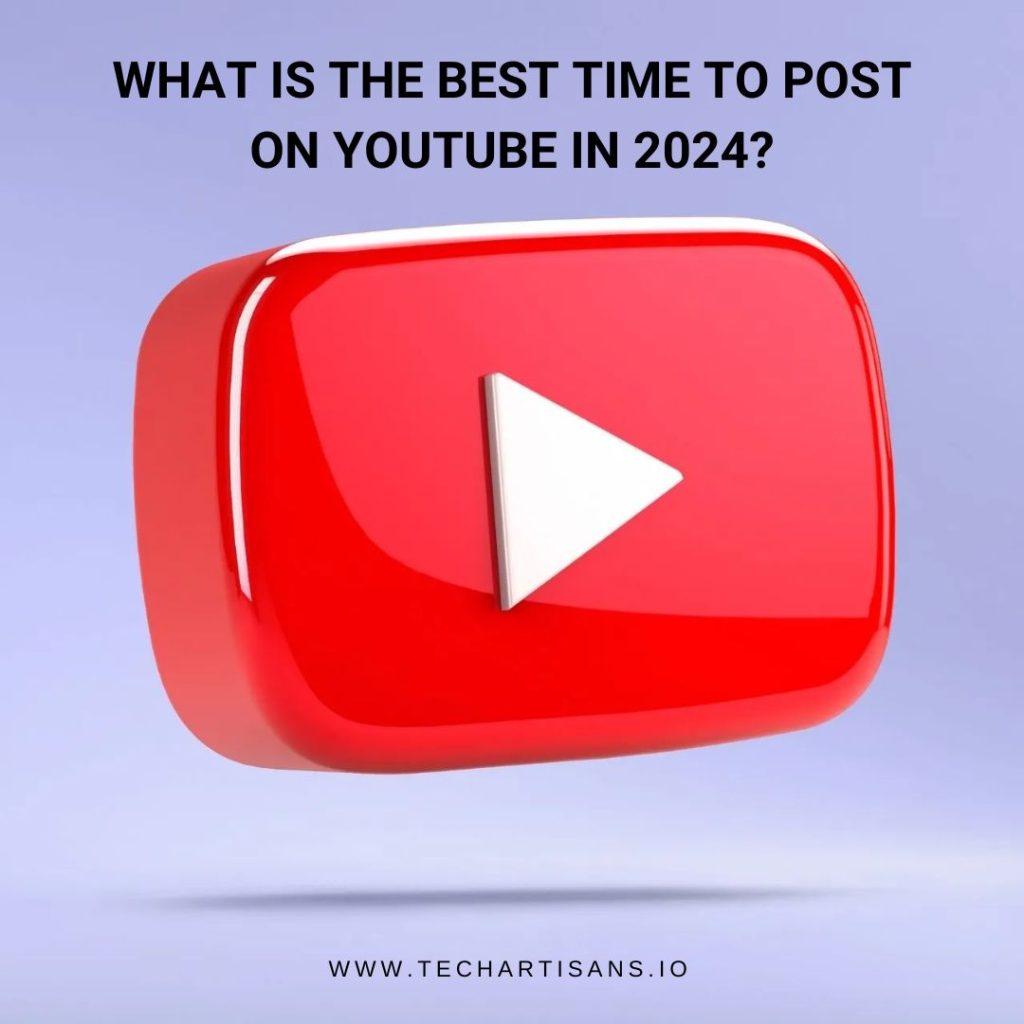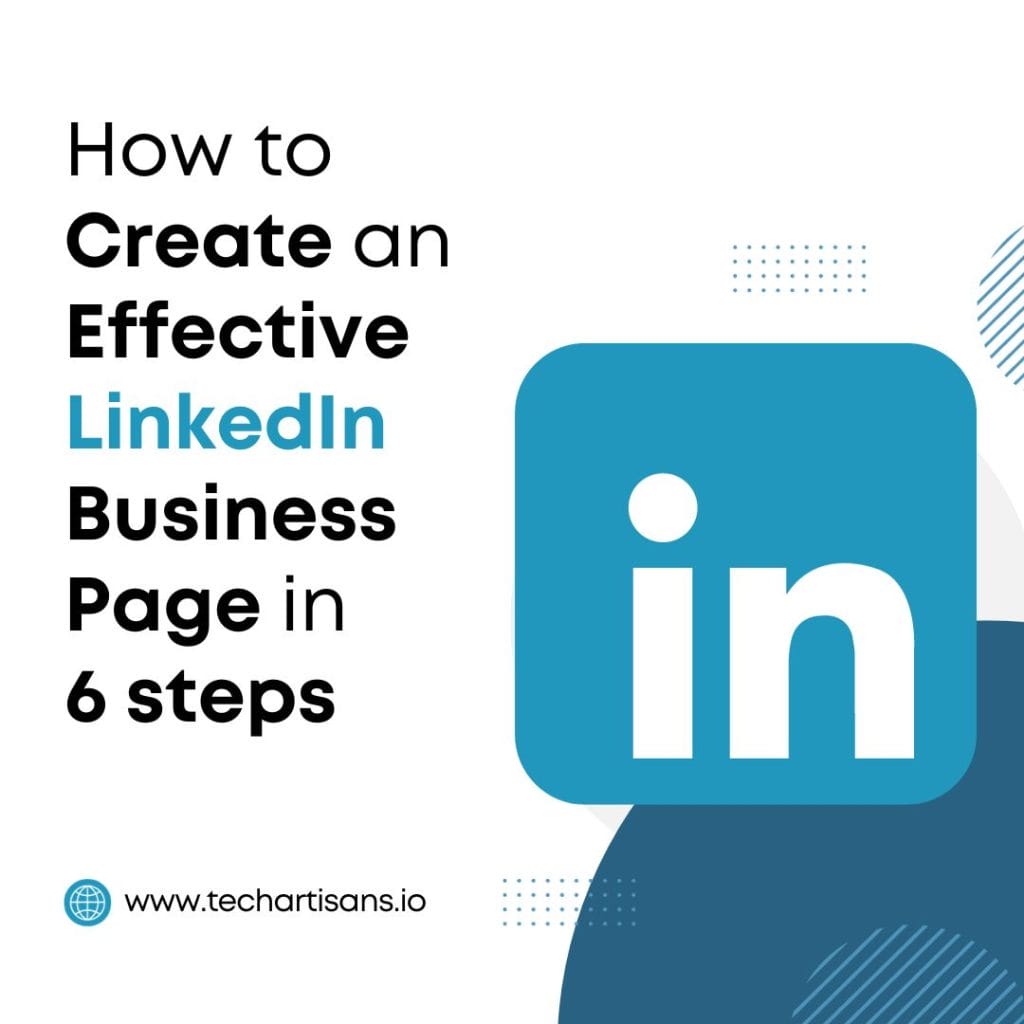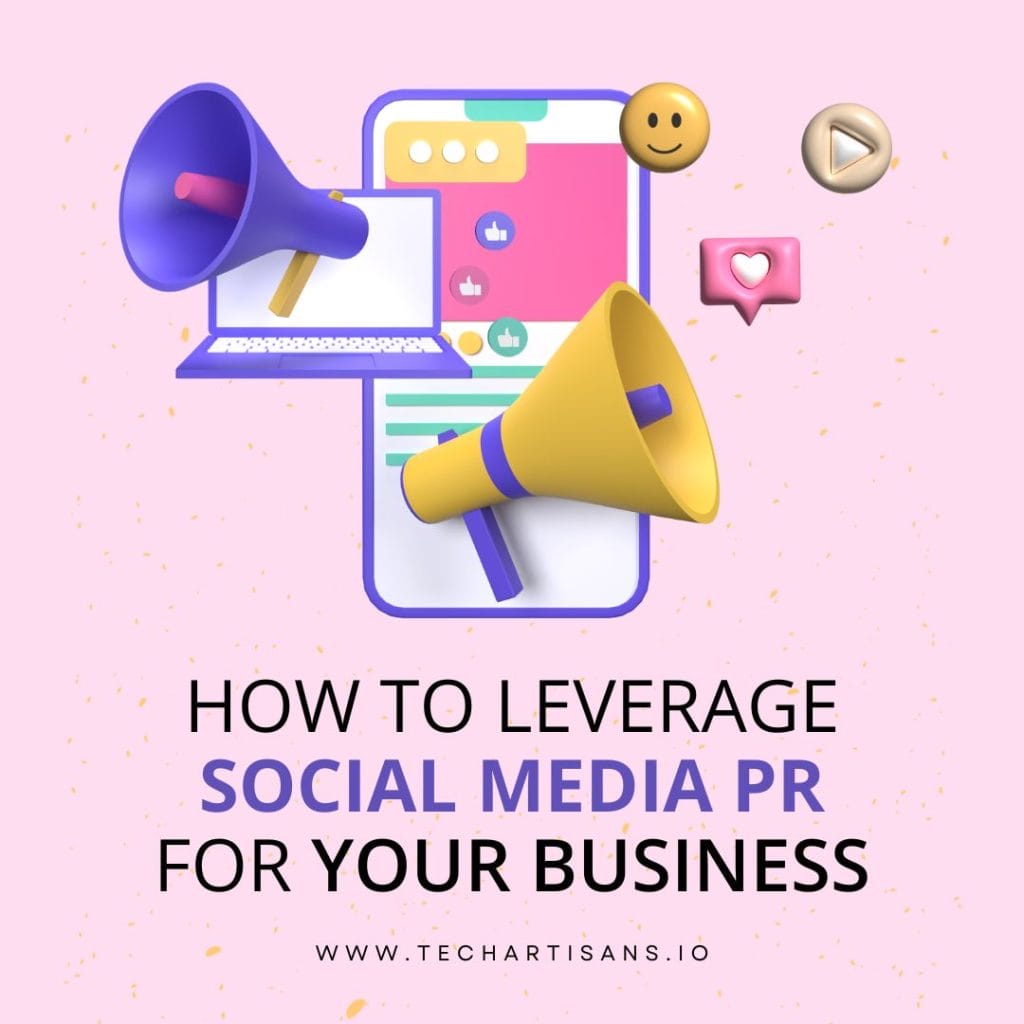Often, when we think of social media, platforms like Facebook, Instagram, and Twitter come to mind. However, have you considered YouTube in this context? The question, “Is YouTube considered social media?” often arises among small to medium business owners.
The answer is a resounding yes! YouTube is not just a video repository; it’s a powerful social media platform that can significantly boost your business’s visibility and growth when utilized effectively. In this article, we will dive into how you can master YouTube as a social media tool to propel your business forward.
Read Social Media Marketing 101: Your Complete Guide to Social Media Basics
What Defines Social Media?

Understanding whether YouTube qualifies as social media requires defining what social media is. It’s not limited to Facebook or Twitter but includes any online space encouraging interaction and content sharing. Here’s a complete guide on social media that can help deepen your understanding.
Social media is defined by its ability to foster communication, collaboration, and content sharing among users. It’s a digital space where communities form around common interests, allowing interaction and engagement through likes, shares, comments, and direct messages. This definition includes YouTube, a platform where users can share, comment, and interact with video content.
Characteristics of Social Media Platforms

User Interaction

On YouTube, user interaction isn’t limited to watching videos; it includes commenting, liking, sharing, and subscribing. This encourages two-way communication, allowing users to voice opinions, join discussions, and build connections.
Content Sharing

YouTube is a hub for user-generated content. Anyone can share videos promoting diversity and creativity. Videos can be easily shared on other platforms, expanding their reach.
Community Building

YouTube goes beyond individual interaction; it’s about community-building. Channels focus on specific themes, uniting like-minded individuals. Subscribers, collaborations, and frequent content updates build community, solidifying YouTube as social media.
YouTube’s Evolution as a Social Media Platform

Let’s explore how YouTube has evolved from a video-sharing platform into a thriving social media network, revolutionizing the digital landscape and creating exciting opportunities for business owners.
1. Historical Perspective

YouTube was launched in 2005 as a user-generated video-sharing platform and has become a vibrant social media network. It encourages dialogue, community-building, and shared experiences, providing opportunities for user engagement, subscriptions, and community creation.
2. Comparison With Other Social Media Platforms

YouTube stands out from traditional social media platforms due to its exclusive focus on video content. While platforms like Facebook, Twitter, and Instagram incorporate various content types, YouTube is built around videos, delivering a dynamic user experience. Discover the top benefits of using videos on your website. This focus makes it an excellent platform for business storytelling and branding.
Features that Make YouTube a Social Media Platform

Let’s explore key features that solidify YouTube’s status as a successful social media platform for businesses.
1. User-Generated Content

YouTube thrives on user-generated content, where individuals from diverse backgrounds contribute various perspectives and creativity. This democratic content creates authenticity, making YouTube a valuable platform for businesses to connect with audiences, share their narratives, and build brand communities.
2. Interaction Tools

YouTube offers various interaction tools such as comments, likes, shares, and the ability to subscribe to channels. Comments enhance user engagement, while likes and shares amplify video reach. Subscriptions keep users updated with their favorite channels, promoting a sense of belonging and community. Learn how to leverage social media PR for your business.
3. Community Posts

Community posts on YouTube enable creators to engage with their audience through updates, images, polls, and more, extending interaction beyond videos and strengthening the creator-audience relationship.
YouTube’s Edge Over Other Platforms

As we explore whether YouTube is considered social media, it’s crucial to uncover its distinct advantages over other platforms. Let’s explore what sets YouTube apart and why it’s an invaluable tool for business owners aiming to expand their online presence.
1. Comparison With Other Platforms


Facebook, with its massive user base, is a social media giant, but its main focus is on text and images. It supports video content, but YouTube offers a more immersive video experience.

Instagram is great for sharing images and short videos, popular with lifestyle and fashion brands. However, its video length limit can be a drawback for businesses needing in-depth content like product demos or tutorials.

Twitter’s simplicity and real-time updates are great for news and quick updates. However, its character limit and limited focus on video content might not provide the extensive brand storytelling experience that YouTube does.
2. Growth Statistics and Future Potential

YouTube offers unmatched reach, with 2 billion monthly users and the second-most-visited website globally. Here’s how to measure web performance, which can be crucial for optimizing your YouTube channel’s performance. It’s a prime space for businesses to connect with a worldwide audience. Innovations like YouTube Shorts and enhanced live streaming ensure its place at the top of the social media hierarchy. Businesses should embrace it.
Utilizing YouTube for Business

Let’s Explore how YouTube is a potent tool for brand visibility, customer engagement, and revenue generation.
1. Platform’s Potential for Brand Visibility

YouTube offers tremendous brand visibility potential as the world’s second-largest search engine. Its engaging video content makes it perfect for product demos and behind-the-scenes looks. YouTube’s SEO-friendliness and integration with Google boost discoverability through strategic keyword usage in titles, descriptions, and tags.
2. Tips for Content Creation

To succeed on YouTube, consistency in content creation is key. Regular, high-quality videos signal an active and reliable channel. Here are some free content writing tools for writing, editing, and content creation. Invest in good equipment for clear visuals and audio. Focus on engaging, informative, and visually appealing content that adds value. Encourage viewer interaction through likes, shares, and comments, and maintain a responsive dialogue with your audience.
3. Collaborations and Partnerships On YouTube

Collaborations and partnerships on YouTube broaden reach and engage new audiences. Partner with creators or businesses aligned with your brand to create joint content and increase visibility. This strategy can substantially enhance your brand’s presence on YouTube.
4. SEO Optimization for Better Discoverability

YouTube SEO boosts video discoverability. Use keywords in titles, descriptions, and tags, aligning content with user searches. Encourage likes, comments, and shares, as YouTube considers these in its ranking. Here are some SEO principles and fundamentals to consider.
Monetizing on YouTube

Monetization on YouTube presents an exciting opportunity to generate revenue while expanding your brand’s reach, further reinforcing the platform’s status as a potent social media tool. Find out more about different types of APIs for marketers.
1. Understanding YouTube’s Business Model

YouTube’s business model relies on ad revenue, subscriptions, and sponsored content. Ads that play before or during videos generate revenue for YouTube and creators. Learn about enhanced cost-per-click and its uses. Premium subscriptions like YouTube Premium and YouTube Music offer an ad-free experience and exclusive content for added revenue. Sponsored content, where brands pay creators, enriches content and attracts more viewers to the platform.
2. Earning with Content Creation Opportunities

Creating content on YouTube provides businesses with multiple revenue streams. They can earn from ad revenue sharing, sponsored content, increased sales through website traffic, and premium content for YouTube Premium subscribers. Explore effective ways to automate and grow your business. Consistently producing high-quality, engaging content is key to success.
Engaging With the YouTube Community

Engaging with the YouTube community is key. Respond to comments, participate in discussions, and involve audience feedback in your content. This builds brand presence and credibility.
1. Viewer Feedback and Engagement

Valuing viewer feedback and engagement is crucial on YouTube. It improves content, builds a loyal community, and enhances credibility and presence. Encourage interaction, respond to comments, and acknowledge suggestions for better engagement.
2. Responding to Comments

Responding to comments is essential for building a loyal subscriber base on YouTube. It signals an active and responsive brand, showing viewers you value their input. However, loyalty is also built through high-quality content, authenticity, and transparency.
3. Hosting Q&A Sessions and Live Streams

Hosting Q&A sessions and live streams on YouTube enables direct interaction with your audience, answering queries, showcasing expertise, and building a personal connection. Here’s a guide on how to make your website more accessible, which can enhance user engagement.It boosts engagement and humanizes your brand, affirming YouTube’s power as a social media platform for businesses.
Conclusion
The answer to “Is YouTube considered social media?” is undoubtedly yes in digital marketing. YouTube is a powerful social media platform, offering interactive features, broad reach, and untapped potential for businesses. Success on YouTube involves quality content, viewer engagement, SEO, and monetization. Missing out on YouTube means missing a significant opportunity to thrive in the digital age.

